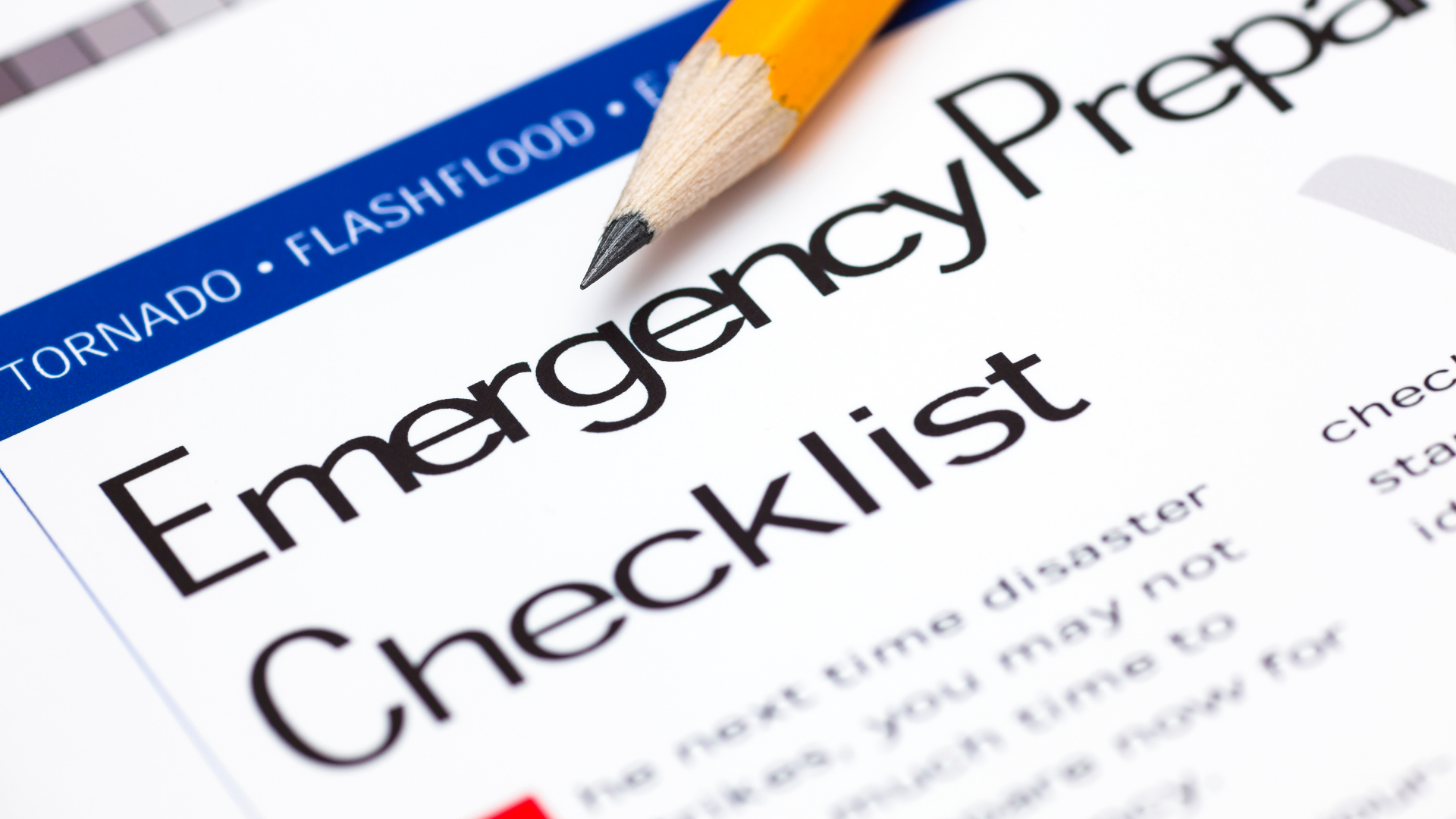Corpus Christi’s rainiest months are from June 15th through September 30th. However, flooding may occur at any time and with little or no warning.
Preparing for floods is something everyone should do.
Additionally, the City will be receiving information from the National Weather Service Offices, which broadcasts weather information 24 hours a day and can be monitored on local radio station KHB41- VHF 162.55
During periods of heavy rainfall, the City of Corpus Christi’s Public Works crews are on 24-hour calls and inspect roadways to monitor flooding. City crews use barricades to close roads inundated with water and discourage traffic from driving through these areas. For additional information, please visit Ready Corpus Christi.
The City of Corpus Christi and Nueces County have partnered to provide an emergency alert program for citizens. The system allows officials to alert residents depending on the preferences they choose. The reverse alert system will send voice or text alerts when the National Weather Center issues advisories. For more information and to sign up for reverse alerts, visit: https://www.cctexas.com/services/public-safety/alerts-notices
When storms strike in south Texas, many are left without power, and some are stranded due to flooding. Since floods are the most common natural disaster in the United States, it is crucial to be prepared and keep a disaster supply kit stocked. Most of the items are inexpensive and easy to find, and any one of them could save your life. Maintaining them is just as important as putting your supplies together, so they are safe to use when needed. Keep items in airtight plastic bags and put your entire disaster supply kit in one or two easy-to-carry bags. For more detailed information on building your kit, visit www.ready.gov/kit.
Dealing with Disaster
Have you taken the first steps to help ensure your family and property are prepared for a disaster?
- Verified if your home is in a floodplain
- Purchased Flood insurance
- Signed up for Reverse Alert
- Created a Disaster Supply Kit
- Helped maintain a clean stormwater system
Below are some helpful tips for Before, During, and after an event:
BEFORE THE FLOOD
Prepare for flooding by doing the following:
-
Know how to shut off the electricity and gas to your home.
- Make a list of emergency numbers and identify a safe place to go
- Make a household inventory
- Put insurance policies, valuable papers, medicine, etc., in a safe place.
- Develop a disaster response plan- see the Red Cross website for a copy of – Your Family Disaster Plan
- Get a copy of Repairing your Flooded home, which also can be found on the Red Cross website.
Consider some permanent flood protection measures.
- Mark your fuse box to show the circuits to the floodable areas. Turning the power to these floodable areas can reduce property damage (fires) and save lives.
- Consider flood protection alternatives such as flood walls or berms- Note that some measures may require permits. Please check with the Floodplain Management Division and/or Development Services for more information.
- A copy of “Homeowners Guide to Retrofitting: Six Ways to Protect your House from Flooding” is available at no charge to download from FEMA P-312.
Talk to the Floodplain Management Division for information on financial assistance.
- If you are interested in elevating your building above the flood level, or if you are interested in selling your house to the City, the City may be able to apply for a federal grant to cover a portion of the cost.
- Get a flood insurance policy- it will help pay for repairs after a flood, and, in some cases, it will help pay the costs of elevating a substantially damaged building.
DURING AND AFTER FLOOD
-
If emergency evacuation is needed, please visit the City’s Emergency Management Office website, listen to local Cable, radio broadcasts, and REVERSE ALERT announcements, and follow the instructions to evacuate- it saves lives of those around you and possible of the emergency workers responding.
-
Ask for a licensed electrician, plumber, etc., to check or turn on your power, water, and/or gas.
- Do not wade through floodwaters due to the danger of pollutants, debris (nails, glass, etc.), and animals (snakes, ants, etc.).
- Floodwaters are often murky, and depth is hard to determine. Do not wade or drive through flood waters!

